We keep a close eye on developments across all regulated industries, and we’re coming to you today with an update on the classification of psilocybin, the main ingredient in psychoactive mushrooms--also known as magic mushrooms.
Although psilocybin is commonly known as a psychedelic drug, it is recognized in some circles as a productivity aid at low doses, and soon enough it may be used as a prescription drug for treatment-resistant depression.
In August the Food & Drug Administration (FDA) granted approval to Compass Pathways to perform clinical trials using psilocybin. Compass is a life sciences company that will participate in Phase 2 trials by administering psilocybin treatment to 216 patients. If successful, the trial will move on to Phase 3 by administering the drug to a larger group. If they pass that hurdle, Compass will have to seek and receive “new drug” approval and the DEA will have to re-schedule the drug.
